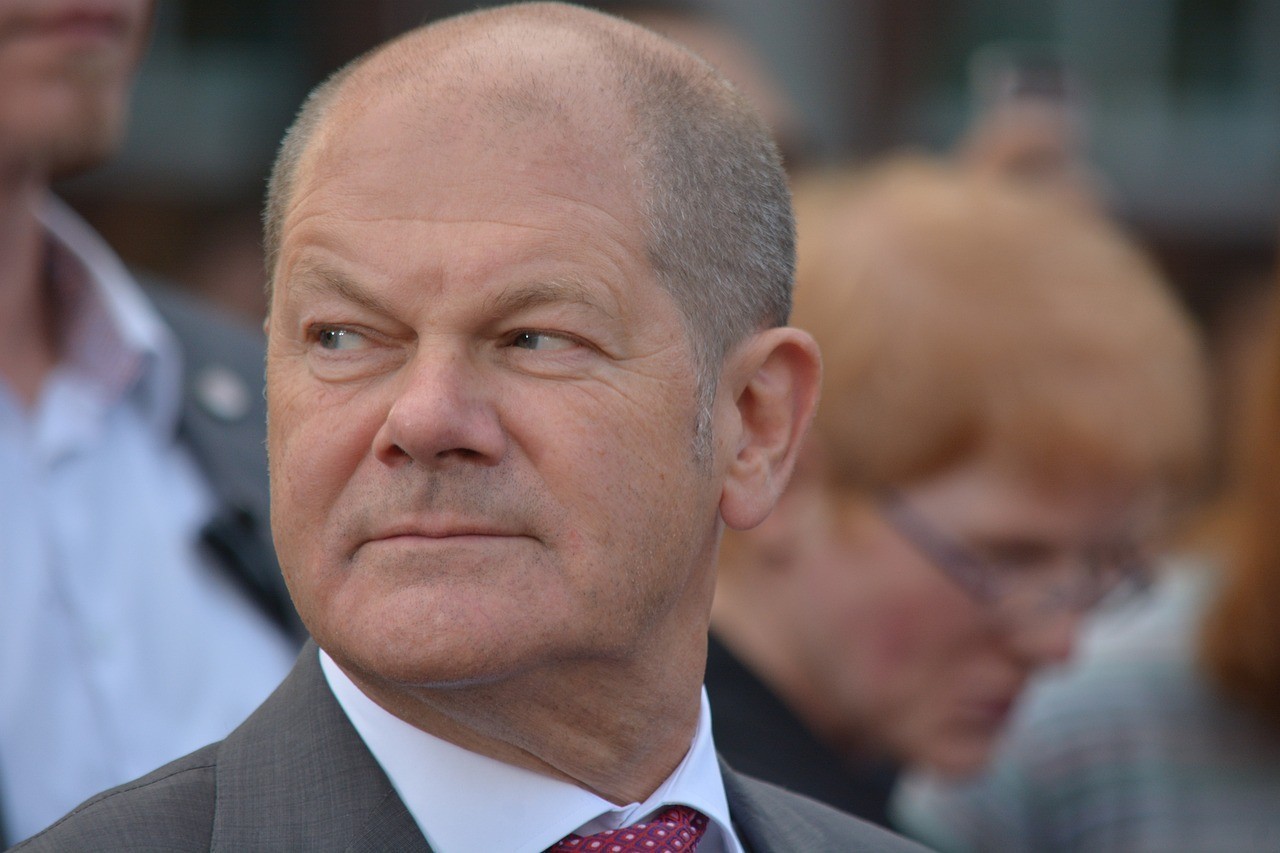German Chancellor Scholz Dismisses Claims of Planned Meeting with Putin
German Chancellor Olaf Scholz has categorically denied reports of an impending meeting with Russian President Vladimir Putin, calling the rumors unfounded and entirely baseless. The speculation, fueled by a German politician’s social media post, has also been rebuffed by the Kremlin.
During a Social Democratic Party (SPD) leadership meeting in Berlin on Sunday, Scholz criticized Bundestag member Roderich Kiesewetter for propagating what he described as "unsubstantiated and highly inappropriate" claims. Kiesewetter, a member of the opposition Christian Democratic Union (CDU), had posted on the platform X (formerly known as Twitter) that Scholz might travel to Moscow before February 23. The post also suggested a meeting between Putin and former US President Donald Trump scheduled for March.
By Sunday evening, Kiesewetter’s post appeared to have been removed from the platform.
Government spokesperson Steffen Hebestreit condemned the claims as "fabricated, defamatory, and malicious." Speaking to RedaktionsNetzwerk Deutschland (RND), Hebestreit stated that there are no plans for such a trip and dismissed the idea as completely senseless. The spokesperson also confirmed that the German government is considering legal action against the spread of the false information.
SPD General Secretary Matthias Miersch called on Kiesewetter to issue a public apology and remove the misleading post. Miersch emphasized that the statement was a direct violation of the Fairness Agreement—an inter-party accord signed in December by Germany’s major political parties, including the SPD, CDU, Greens, and FDP, to uphold ethical election practices. He also urged CDU General Secretary Carsten Linnemann to address the issue internally.
The Kremlin echoed Scholz’s dismissal of the rumors. Russian presidential spokesperson Dmitry Peskov told the TASS news agency that there are currently no plans for high-level talks involving Putin and leaders from Germany or the United States.
The last in-person meeting between Scholz and Putin took place at the Kremlin on February 15, 2022, just days before the Russia-Ukraine conflict intensified. Their most recent discussion occurred via telephone on November 15, initiated by Scholz.
Speculation about potential diplomatic resolutions to the Russia-Ukraine conflict has been on the rise, especially after the election of Trump, who has previously stated his intent to bring the war to a swift conclusion. Ukrainian President Volodymyr Zelensky has expressed cautious optimism, noting Trump’s unpredictability as a potential advantage in negotiations.
For its part, Moscow has maintained that it is open to peace talks but has reiterated several key conditions: Kyiv must halt military actions, withdraw from territories Moscow claims as part of Russia, protect the rights of Russian-speaking citizens, and adopt a neutral, non-nuclear stance.
As discussions surrounding peace prospects continue to gain international attention, Scholz’s firm dismissal of these meeting rumors underscores Germany’s cautious approach to engaging with Russia amid ongoing geopolitical tensions.

No comments on this post yet. Be the first!